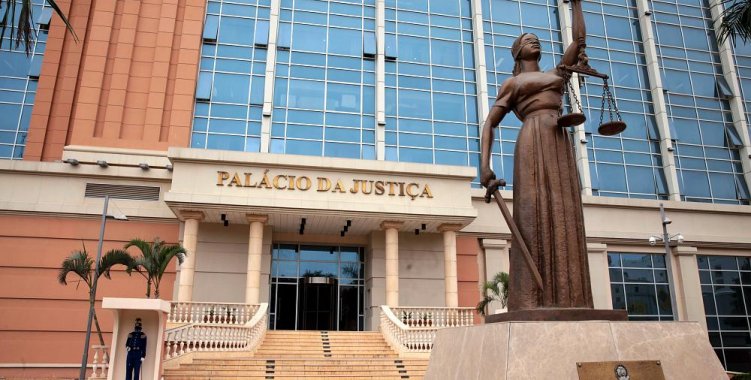Speaking this Wednesday at the 2nd Methodological Meeting of TC Officials, Exalgina Gamboa considered that the condemnatory rulings of that body are rarely respected, leaving managers with the idea of impunity.
"For the irregularities they commit, the court can do nothing to enforce its decisions," said the presiding judge.
According to Exalgina Gamboa, the proposal for a global revision of the Organic Law of the TC behind some relevant innovations to the current law, aimed at improving the role of the judicial instance, as the supreme body for monitoring the legality of public finances.
Due to the "gaps in the current law," the magistrate said, the Court of Auditors "has faced many difficulties in executing its decisions, especially its condemnatory judgments.
The fight against corruption, impunity and nepotism are some of the axes of governance of the President, João Lourenço, who has been in power for four years.
For the president of the TC, the fight against corruption "is a fundamental part of the executive's strategy and this court has an enormous obligation to be prepared to assume its responsibilities, as an external inspection body.
This means, she continued, "greater clarity in the law, as well as other means of combating this scourge, so that our action is not a mere administrative exercise and that the court's decisions, especially its condemnatory judgments, become mandatory.
"To this end, all the officers and staff of the court must be aware of this responsibility, pooling their efforts and synergies for the ultimate goal which is to contribute to the eradication of the prevailing climate of impunity," he urged.
"And make it clear to public managers that the misappropriation of public resources will have consequences by the Court of Auditors," reinforced Exalgina Gamboa.
The evaluation of the execution of the strategic plan 2020-2023 "for the improvement of public finances", of the proposal for revision of the Organic Law of the Court of Auditors and the balance of the execution of the audit master plan are some of the topics being addressed at this meeting taking place this Wednesday and Thursday in Luanda.
Exalgina Gamboa also considered, in her speech, that the preliminary assessment of the execution of the strategic objectives and goals of the master plans "points to a positive exercise, with, however, the need for adjustments to the context of the current situation".
"The adjustment of the structuring actions is also justified by the extensive work that has been done around the global revision of the Organic Law of the Court of Auditors and the consequent need for the modernization and expansion of its operating organization," he argued.
An "innovation" of the global revision of the Organic Law of the Court of Auditors, "that requires our reflection", he noted, "is the enlargement of the responsibilities of the court to the entire national territory with the creation of provincial and/or regional sections without jurisdictional powers".
The Court of Auditors currently operates in the Palace of Justice in Luanda, but its future headquarters, according to the president of this body, will be in one of the buildings of the "AAA", confiscated by the state as part of the recovery of assets.
"At this moment, legal and administrative procedures are underway with a view to carrying out restoration works of the "AAA" building, in order to adjust it to the operation of a court", concluded Exalgina Gamboa.







